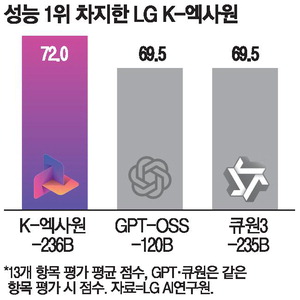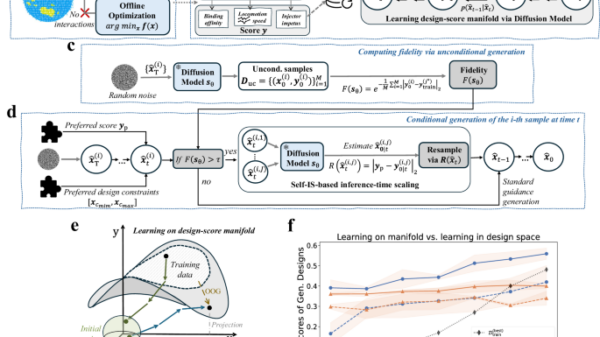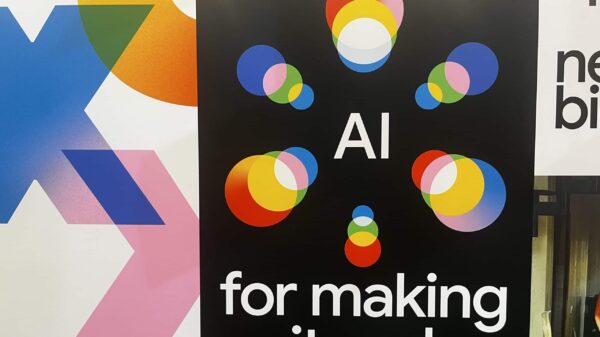Google DeepMind’s recent decision to establish a research lab in Singapore reflects its strategic commitment to advancing artificial intelligence across the Asia-Pacific region. This move is part of a broader initiative to leverage Singapore’s evolving technological landscape, particularly under the aegis of the National AI Strategy 2.0 and the Smart Nation 2.0 frameworks, designed to cultivate local tech talent and infrastructure.
Research Significance and Applications
With over half of the global population residing in Asia-Pacific, the region is poised for significant growth in AI applications. Google DeepMind’s expansion in Singapore builds on its existing presence in the region, which has seen its team more than double over the past year. The Singapore lab will comprise research scientists, software engineers, and AI specialists dedicated to exploring AI applications across various fields.
A primary focus of the new team will be on enhancing the Gemini model, in addition to other core models, to better serve a linguistically and culturally diverse population. This is crucial for developing AI systems that are not only effective but also culturally relevant. The research lab aims to collaborate closely with local governmental bodies, the private sector, civil society, and academic institutions to ensure that AI solutions address real-world challenges faced by local communities.
Google DeepMind has already demonstrated the benefits of its partnerships in Singapore. Notably, a collaborative project involving the Agency for Science, Technology and Research (A*STAR) and the National Neuroscience Institute (NNI) utilized AlphaFold to identify new correlations between the immune system and Parkinson’s disease. This research holds promise for early diagnosis and more targeted treatment strategies.
Technical Approach
In collaboration with public sector organizations such as GovTech, the Cyber Security Agency of Singapore (CSA), and the Infocomm Media Development Authority (IMDA), Google has developed an AI agent sandbox. This platform allows teams to safely evaluate autonomous systems designed to enhance public service efficiency and streamline internal processes.
Another significant endeavor is focused on Southeast Asian languages, with Google collaborating with AI Singapore to launch Project Aquarium, an open data platform that facilitates language research in the region. Furthermore, they have supported the development of SEA-LION, a suite of large language models (LLMs) tailored to reflect the unique cultural and linguistic characteristics of Southeast Asia. This initiative recently culminated in SEA-LION v4, the project’s first multimodal model, which builds on the multimodal capabilities of Gemma 3.
In the educational sector, Google has made strides by offering students in Singapore a one-year free access to the Google AI Pro Plan, which provides advanced tools for learning and creativity. Additionally, the introduction of Gemini Academy at IMDA’s Singapore Digital Office aims to enhance AI literacy among residents, preparing them for a future increasingly dominated by AI technologies.
The startup ecosystem is also integral to this expansion. Through the Google for Startups: AI First initiative, local founders are provided with resources and support to cultivate AI-driven solutions that tackle economic, social, and environmental challenges.
Context in the AI Research Landscape
The establishment of the new lab signifies a robust melding of research, technical skill, and societal purpose. Google DeepMind’s objective is clear: to collaborate with regional partners to ensure that AI technologies not only advance scientific inquiry but also yield tangible benefits for communities. The lab will explore how AI can be tailored to meet local needs, thereby ensuring that the technology reflects the cultural nuances of its users.
As Google DeepMind continues to forge partnerships across the region, its commitment to local engagement and community-focused research will likely influence the development of AI systems that are both innovative and applicable in real-world scenarios. The implications of such research initiatives extend beyond immediate technological advancements, promising a future where AI serves as a transformative agent for societal good in Asia-Pacific and beyond.
See also NIU Innovation Showcase Reveals Advances in AI, Bioplastics, and Nanomanufacturing
NIU Innovation Showcase Reveals Advances in AI, Bioplastics, and Nanomanufacturing Conformal Deep Learning Model Predicts Core Body Temperature Non-Invasively in Extreme Environments
Conformal Deep Learning Model Predicts Core Body Temperature Non-Invasively in Extreme Environments Google DeepMind Launches AI Lab in Singapore to Enhance Regional Language Understanding
Google DeepMind Launches AI Lab in Singapore to Enhance Regional Language Understanding Google Reveals Nested Learning to Combat Catastrophic Forgetting in LLMs
Google Reveals Nested Learning to Combat Catastrophic Forgetting in LLMs Alphabet Shares Surge 9.4% After Buffett Invests $4.3B, Launching Gemini 3 AI
Alphabet Shares Surge 9.4% After Buffett Invests $4.3B, Launching Gemini 3 AI









































































